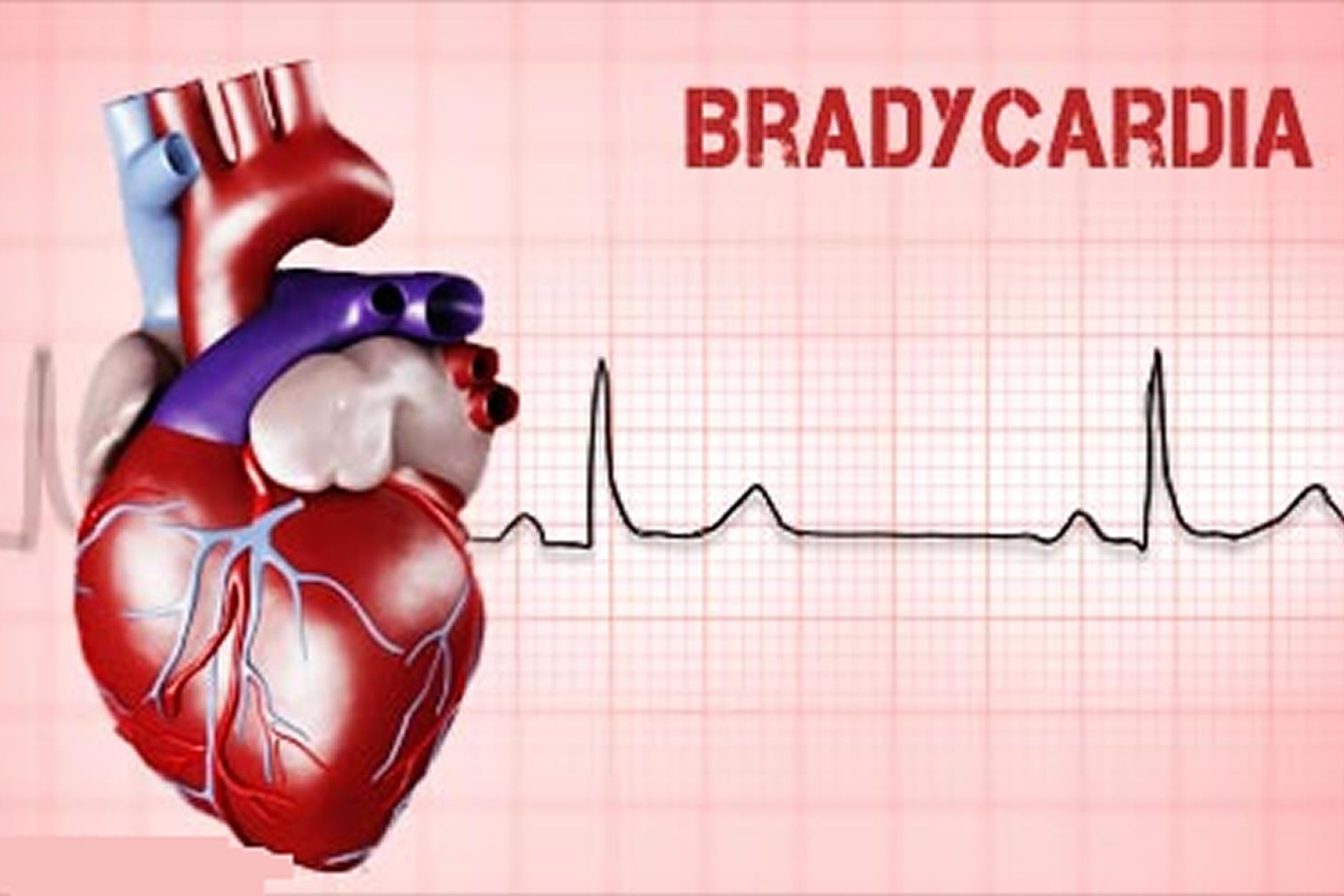
Heart rate: what is bradycardia?
Bradycardia is defined as a heart rate below 60 beats per minute. Heartbeats are considered regular when they are between 60 and 100 beats per minute
Bradycardia can be classified into
- mild, when the heart rate is between 50 and 59 beats per minute
- moderate, when the heart rate is between 40 and 49 beats per minute;
- severe, when the heart rate falls below 40 beats per minute.
Even in children under one year of age, episodes of bradycardia may occur; in this case, it is called fetal or neonatal bradycardia, and is manifested when the heart rate falls below 100 beats per minute, since in infants the heart rate is 110-116 beats per minute.
Bradycardia is not to be considered dangerous in the elderly and in those practising competitive sports, as it occurs physiologically
Bradycardia, having low frequencies, will see the heart in difficulty, as it will not be able to pump sufficient quantities of blood; this will lead to a reduction in oxygen supply to the brain and organs.
Symptoms include dyspnoea, dizziness, fatigue, syncope, confusion, chest pain, insomnia, memory problems and hypotension.
These symptoms could also be caused by other pathologies, so it will be necessary to carry out specific tests in order to understand the causes of the above-mentioned symptoms and choose the most appropriate treatment.
The bradycardia, could also be pathological, causing it could be conditions that also lead to altered electrical activity of the heart’s conduction tissue.
Some conditions may be
- myocardial damage caused by ageing, damage due to myocardial infarction, high blood pressure, congenital heart disease, myocarditis, hypothyroidism, medication.
- Neonatal bradycardia could be linked to oxygen deficiency as a consequence of the infant’s respiratory difficulties.
- The presence of bradycardia will be determined by the doctor; the doctor will prescribe certain tests, depending on the case.
Among the tests will be
- Electrocardiogram, stress ECG and Holter ECG.
- Tilt test, aimed at assessing heart rate and blood pressure behaviour; the patient will be placed on a couch initially placed horizontally and subsequently rotated into a vertical position.
- Sleep monitoring, if the cardiologist considers that bradycardia may be caused by sleep apnoea.
- Blood tests will also be prescribed in order to assess any medical conditions that may have triggered the onset of bradycardia.
Therapy will be prescribed depending on the problem causing the bradycardia and the severity of the symptoms
If the bradycardia is caused by hypothyroidism or sleep apnoea, treating the condition will also treat the bradycardia.
If drugs are causing the bradycardia, they may need to be replaced or their dosage decreased; a pacemaker may also need to be implanted.
It will be necessary to implant a pacemaker if bradycardia triggers alterations in the transmission of the heart’s electrical impulses.
If bradycardia occurs suddenly, emergency drug treatment will be required.
Severe pathological bradycardia may also cause renal failure, low blood pressure, pulmonary oedema, hypothermia, pallor and cyanosis, unconsciousness and coma, heart failure and death.
Read Also
Emergency Live Even More…Live: Download The New Free App Of Your Newspaper For IOS And Android
Myocardiopathy: What Is It And How To Treat It?
Venous Thrombosis: From Symptoms To New Drugs
Cyanogenic Congenital Heart Disease: Transposition Of The Great Arteries
Heart Murmur: What Is It And What Are The Symptoms?
Branch Block: The Causes And Consequences To Take Into Account
Cardiopulmonary Resuscitation Manoeuvres: Management Of The LUCAS Chest Compressor
Supraventricular Tachycardia: Definition, Diagnosis, Treatment, And Prognosis
Identifying Tachycardias: What It Is, What It Causes And How To Intervene On A Tachycardia
Myocardial Infarction: Causes, Symptoms, Diagnosis And Treatment
Aortic Insufficiency: Causes, Symptoms, Diagnosis And Treatment Of Aortic Regurgitation
Congenital Heart Disease: What Is Aortic Bicuspidia?
Atrial Fibrillation: Definition, Causes, Symptoms, Diagnosis And Treatment
Ventricular Fibrillation Is One Of The Most Serious Cardiac Arrhythmias: Let’s Find Out About It
Atrial Flutter: Definition, Causes, Symptoms, Diagnosis And Treatment
What Is Echocolordoppler Of The Supra-Aortic Trunks (Carotids)?
What Is The Loop Recorder? Discovering Home Telemetry
Cardiac Holter, The Characteristics Of The 24-Hour Electrocardiogram
Peripheral Arteriopathy: Symptoms And Diagnosis
Endocavitary Electrophysiological Study: What Does This Examination Consist Of?
Cardiac Catheterisation, What Is This Examination?
Echo Doppler: What It Is And What It Is For
Transesophageal Echocardiogram: What Does It Consist Of?
Paediatric Echocardiogram: Definition And Use
Heart Diseases And Alarm Bells: Angina Pectoris
Fakes That Are Close To Our Hearts: Heart Disease And False Myths
Sleep Apnoea And Cardiovascular Disease: Correlation Between Sleep And Heart


